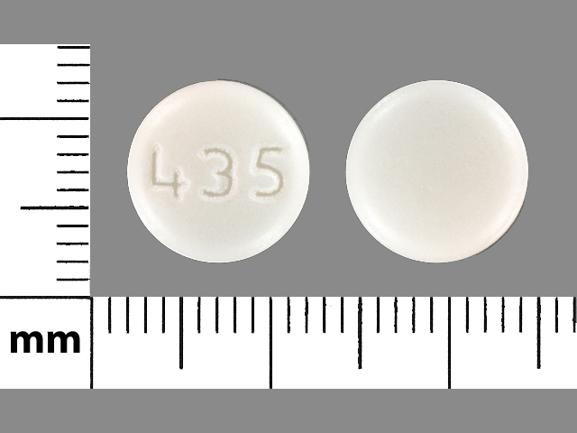Acamprosate Dosage
Medically reviewed by Drugs.com. Last updated on May 28, 2024.
Applies to the following strengths: 333 mg
Usual Adult Dose for:
Additional dosage information:
Usual Adult Dose for Alcohol Dependence
666 mg orally 3 times a day
Comments:
- Doses should be taken with meals in patients who regularly eat 3 meals a day.
- Treatment should begin as soon as possible after the withdrawal period (when the patient achieves abstinence) and should be maintained if the patient relapses.
- This drug should be used as part of a comprehensive psychosocial treatment program.
- Lower doses may be effective in some patients.
Use: For the maintenance of abstinence from alcohol in patients with alcohol dependence who are abstinent at treatment initiation
Renal Dose Adjustments
Mild renal dysfunction (CrCl greater than 50 mL/min): Data not available
Moderate renal dysfunction (CrCl 30 to 50 mL/min):
- Initial dose: 333 mg orally 3 times a day
- Maintenance dose: 333 to 666 mg orally 3 times a day
Severe renal dysfunction (CrCl 30 mL/min and less): Contraindicated
Liver Dose Adjustments
Mild to moderate liver dysfunction (Child-Pugh Classes A and B): No adjustment recommended.
Severe liver dysfunction (Child-Pugh Class C): Data not available
Precautions
CONTRAINDICATIONS:
- Hypersensitivity to the active component or any of the ingredients
- Severe renal dysfunction (CrCl less 30 mL/min or less)
Safety and efficacy have not been established in pediatric patients.
Consult WARNINGS section for additional precautions.
Dialysis
Data not available
Other Comments
Administration advice:
- Tablets should be swallowed whole; crushing or chewing should be avoided.
- Doses should be administered with meals.
General:
- Limitation of use: Treatment does not constitute treatment for the withdrawal period.
- Limitation of use: The efficacy in promoting abstinence from alcohol in patients with polysubstance abuse has not been adequately assessed.
- Limitation of use: Efficacy has not been demonstrated in promoting abstinence in patients who have not undergone detoxification and achieved abstinence prior to beginning treatment.
- Treatment does not prevent harmful effects of continuous alcohol abuse, and continued alcohol abuse negates therapeutic benefits of this drug.
Monitoring:
- PSYCHIATRIC: Signs/symptoms of depression and suicidality
Patient advice:
- Counsel patients regarding the signs and symptoms of depression and suicidality; instruct patients to contact their physician immediately if signs or symptoms occur.
- Advise patients to speak to their healthcare provider if they become pregnant, intend to become pregnant, or are breastfeeding.
Frequently asked questions
- Acamprosate vs naltrexone: How do they compare?
- Does acamprosate make you sick if you drink alcohol?
- How long does it take for acamprosate to work?
- Does acamprosate cause weight gain?
- How does acamprosate work?
More about acamprosate
- Compare alternatives
- Pricing & coupons
- Reviews (272)
- Drug images
- Side effects
- During pregnancy
- Drug class: drugs used in alcohol dependence
- Breastfeeding
- En español
Patient resources
Other brands
Professional resources
Other brands
Related treatment guides
Further information
Always consult your healthcare provider to ensure the information displayed on this page applies to your personal circumstances.

